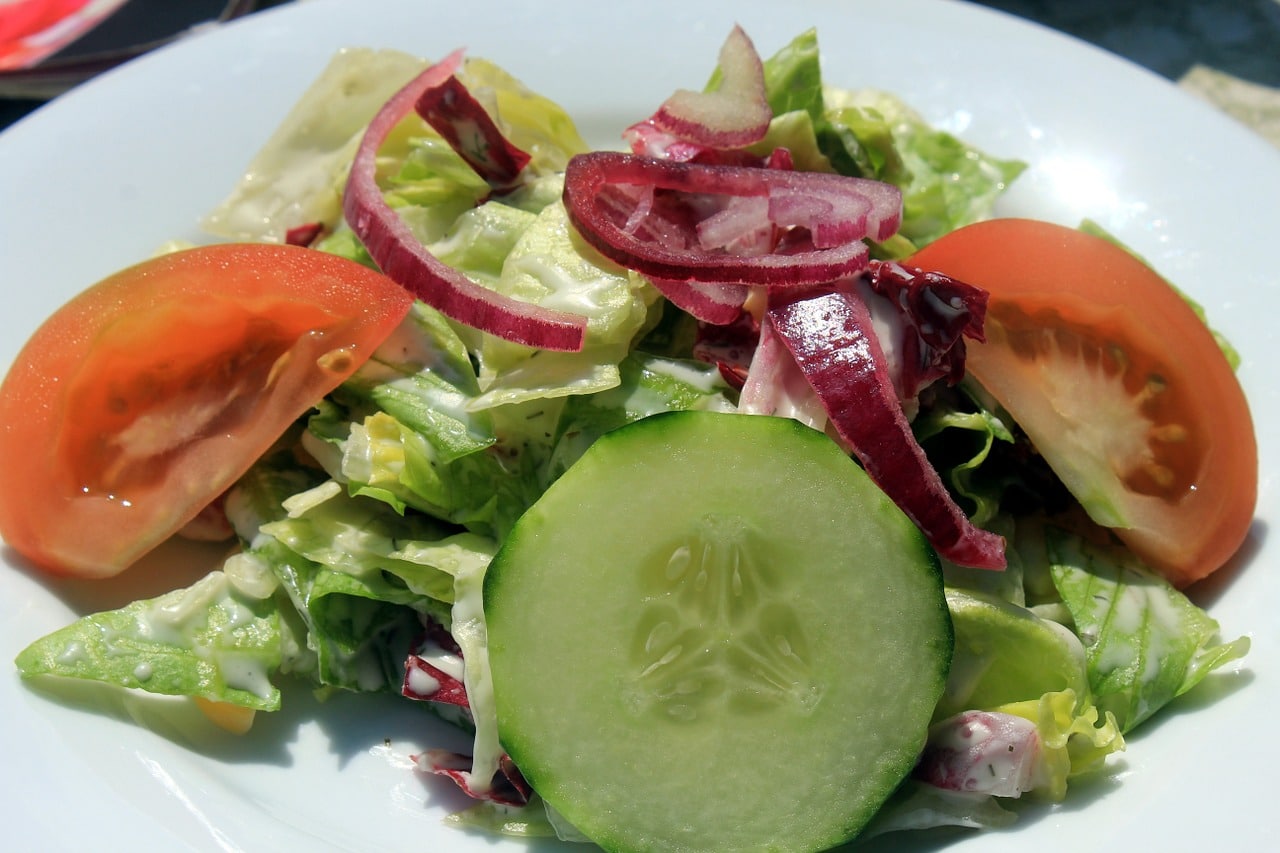Language Can Be Violent Too, Even When Used by Comedians, Experts Say
- Following “the slap,” Insider spoke to a comedian and an educator about how language can be violent, too.
- The comedian said there is a difference between “edgy comedy” that explores new or untouched topics and using comedy to be “mean.”
- Bashing people, he said, is just poor comedy.
Actor Will Smith slapped comedian Chris Rock at the Oscars following a joke at the expense of Smith’s wife, Jada Pinkett Smith, sending viewers, fans, and social media users into a whirlwind of commentary.
The Academy of Motion Picture Arts and Sciences was quick to condemn Smith, who in turn issued several apologies for his actions and resigned from the academy. The incident has led to a larger discussion around the violence behind words — and the difference between good comedy and being cruel.
For educator and content creator George Lee, Smith embodied the “fuck around and find out” mindset at the Oscars when he slapped Rock for making a joke about Pinkett Smith’s hair.
Rock told a live audience and viewers worldwide that he couldn’t wait to see “G.I Jane 2,” referencing Pinkett Smith’s bald head — the result of a medical condition she has discussed publically since 2018. Smith, Pinkett Smith’s husband, then stormed the stage and smacked Rock — adding to an ongoing discussion of how comedians use their words.
Black women and their identities are closely tied to their hair, and as Insider’s Taylor Ardrey previously reported, the joke did not land for many Black women, especially since Black hair has a history of being criticized and politicized.
Lee argues that Rock was “discursively violent” to Pinkett Smith — meaning he used his words to put down or provoke Pinkett Smith — which then led to Smith being physically violent towards Rock. And, while Lee says that “all violence is wrong,” Lee maintains that words have consequences in the real world — even for comedians.
David Dennis Jr. took a different tone writing last week that “punch down comedians,” like Rock, who has belittled poor Black people and Black women in his work, often don’t face violence.
“This one incident has prompted as many takes, opinions, and projections than we’ve seen from a pop culture moment in ages,” he wrote. “There were enough thoughts on race, power, and gender to teach a semester-long class. But there’s also a simple fact: Sometimes comedians just get slapped.” He argues that it is non-famous comedians, often those who are queer and/or Black women are at a greater risk for violence.
Dennis added that “when Rock insults poor Black folks and Black women, he’s insulting people who often aren’t in any position to do anything about what he says about them. Oftentimes these people can’t even be in the room when Rock is making these jokes.”
—David Dennis Jr. (@DavidDTSS) March 29, 2022
Dennis also writes that being a truly “dangerous” or fearless comedian “requires aiming jokes at entities that are more powerful than the comedian.”
In his apology, Smith acknowledged that as a celebrity, “Jokes at my expense are a part of the job,” but said that “a joke about Jada’s medical condition was too much for me to bear and I reacted emotionally.”
Writer Roxane Gay had a different take, writing a defense of having “thin skin,” commenting that “no matter how thick your skin is or with how much wealth, fame, and power you are cosseted, being the butt of a joke isn’t fun.”
A comedian’s general rule of thumb should be not to “punch down” or to “oppress the oppressed.” At least that’s what Stephen Rosenfield, the “best-known comedy teacher in the country” and founder of the American Comedy Institute which instructs all comedians from beginner level to award-winning level, teaches his students.
Of course, not all comedians think this way. Dave Chappelle, for example, has a history of punching down at the transgender community and sexual assault victims claiming he has a “responsibility to speak recklessly” and that he doesn’t “feel bad” about his language.
But, Rosenfield told Insider that words can be “horrifying violent” and that they can create or “provoke violence” as well.
And, regarding the joke that targeted Pinkett Smith, Rosenfield said it was in bad taste for him to take a jab at her — especially if he’d known about her condition before performing his skit.
It’s unclear if Rock was aware that Pinkett Smith dealt with alopecia, but TMZ cited a source that said Rock “had no idea.”
He argues that comedians with harmful takes shouldn’t be censored, but, as public figures, they need to be critiqued for their jokes. He added that assault, though, is never justified.
“One of the things that I’ve come to appreciate is the fact that our commitment to freedom of speech is a big one and it’s bigger than in a lot of places,” but, Rosenfield says, “Comedians have to be careful about what they say. And I think that’s a good thing.”
Rosenfield added that there is a difference between “edgy comedy” that explores new or untouched topics and using comedy to be “mean.” Bashing people, he says, is just poor comedy.
Reach out to this reporter via email at [email protected].



